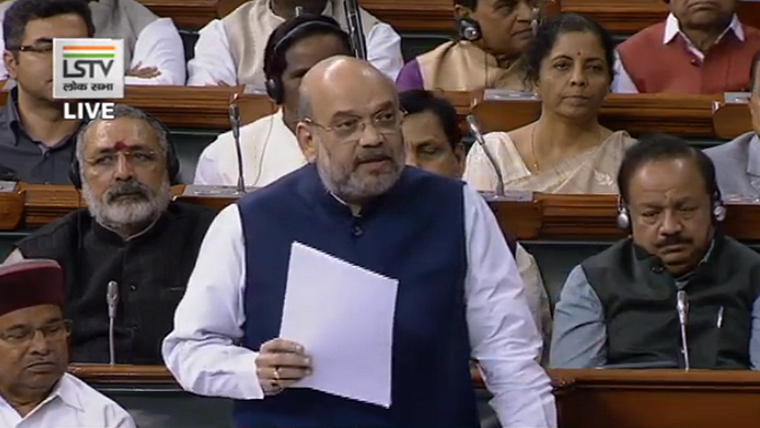India is excellent at cancelling visas, banning visitors suspected of coronavirus. It may be capable of hospitalising some people who test positive for the current virus epidemic. But can India cope with a full-blown virus epidemic? The answer is a categoric no. It does not have the health systems that China and other developing countries have.
India is just not prepared. It has not even bothered about providing the basic health services its people need.
For those who do not like studying numbers, a mere walk down the patient registration halls of KEM Hospital, Mumbai’s largest municipal hospital, or JJ Hospital, run by the state government, will confirm this. Serpentine queues of people waiting to re-register their case papers for the day. Another queue – equally long – is for issue of fresh case papers. Many of the people in these queues are ill, desperately seeking both rest and medicare. Yet the hospital administrators allow them to wait in queues for hours till their turn comes. Could there by anything more inhuman than that?

A similar long wait is in store outside the doctors’ cabins where patients must wait for hours till their turn comes to see the medical expert. The doctors are exhausted, even overwhelmed, but this is a daily routine. Even when the coronavirus scare was not there. Have the government authorities even bothered to double or triple the number of counters and consulting rooms so that patients needn’t wait for more than an hour at the outermost? Many patients are asked to come again after a few days, after blood tests and X-rays or sonographs have been completed. Quite often, the labs or the machines don’t work. Patients have then to go outside to the huge number of tiny (private) shacks where pathological samples are collected or sonograph tests are done.
For those interested in hard numbers, the chart alongside is damning. Of the per capita medicare expenditure of $65 during a year, almost $42 is spent out-of-pocket. This is because government hospitals don’t provide the required relief – the time factor deters daily wage earners and those in excruciating pain. The machines don’t work compelling people to go to private clinics. Medicines have often to be procured from private chemist stores. Even when insurance cover exists, the queues and the quality of medicare compel patients to go to private clinics instead. Government spending on health is thus just $16 per capita. There is collapse everywhere. The situation, based on past trends, is unlikely to improve even till 2050.

Poor expenditure on both health and education have together ensured that India’s ranking on human development barely hovers a notch above countries like Central African Republic and Niger, but way down in the world.
That is why India’s data on coronavirus cases – 34 confirmed cases till Sunday – may be misleading. If a person has a running nose, you can be sure that the doctors will ignore him, unless someone demands a virus test. Moreover, government hospital wards are terribly cramped for space – perfect for spreading virus contamination.
India could see more COVID-19 deaths, but certified as dying of respiratory ailments, or even natural causes. Life remains cheap in India. Wrong classification of the cause of death is not unusual.
That is why you can be sure that Kejriwal will get re-elected , even emulated, in the coming years. He has provided the people of Delhi with mohalla (community) clinics where routine ailments can be diagnosed and attended to within hours, not days. His decision to make government schools better than private schools is a lesson for every politician. No wonder then that Kejriwal remains a darling for marginalised communities.
The rich may not like Kejriwal. They can still afford to give their children private education. Most of them are educated enough themselves and can help children study the basics at home as well. They can even afford private medical treatment. Not so when it comes to the teeming millions of poor people. They need good education so that their children can climb the ranks and outshine their parents. And they need good health facilities so that children do not die in their prime.

Kejriwal has thus become more relevant to common people than those who instigate mobs to religious frenzy, kill, maim and then blame the wanton destruction on others. Plagued with poor law and order and dispute remediation, their only hope is good education and medicare. What Kejriwal has done is bound to be copied by most other wannabe politicians. That could help India’s GDP climb, and its human development indices improve.
Without both – health and education – India could get cast aside into the dustbins of history.
The writer is consulting editor with FPJ.











